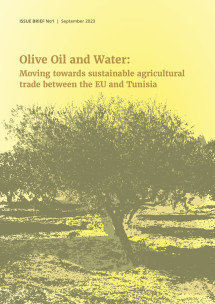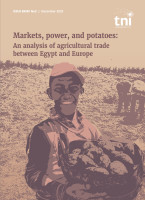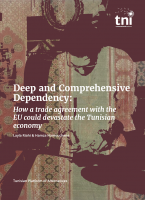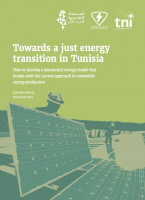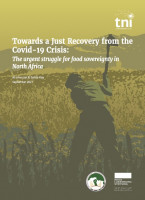Introduction
In the past few years, the world has gone through a series of successive crises that have impacted food systems. The COVID-19 pandemic caused major disruptions in food supply chains due to quarantines and restrictions on food exports by some countries while the pandemic-induced global recession resulted in massive job and income losses, undercutting poor people’s access to food, especially in countries in the Global South. The situation has become more complex since February 2022 with the outbreak of the Russia-Ukraine crisis and the resulting turmoil in global food markets. According to FAO data, in March 2022, global food prices reached an "all time high", driven especially by price hikes of cereals (Russia and Ukraine alone account for 30% of global wheat supply), which have reached their highest levels since 1990.
However, while the COVID-19 pandemic and the Russia-Ukraine war may be amongst the most immediate triggers of the current food crisis, they are also revealing of a deeper-rooted fragility of the global food system. These crises raise penetrating questions about the ability of the global market to guarantee food security as well as the Global South's strategy of promoting agricultural exports at the expense of domestic food production.
This report seeks to interrogate these questions through an analysis of agri-food trade flows between the EU and Tunisia, focusing on the dynamics of trade in times of multiple and overlapping crises including:
1) Disruptions to mobility and supply chains linked to the COVID-19 pandemic;
2) The impacts of climate change on agricultural production;
3) The geopolitical crisis associated with the Russia-Ukraine war.
This analysis allows us to evaluate the effects of agricultural trade and related policy on the Sustainable Development Goals (SDGs), in particularly those pertaining to eradicating hunger, improving food security and nutrition and promoting sustainable agriculture.
